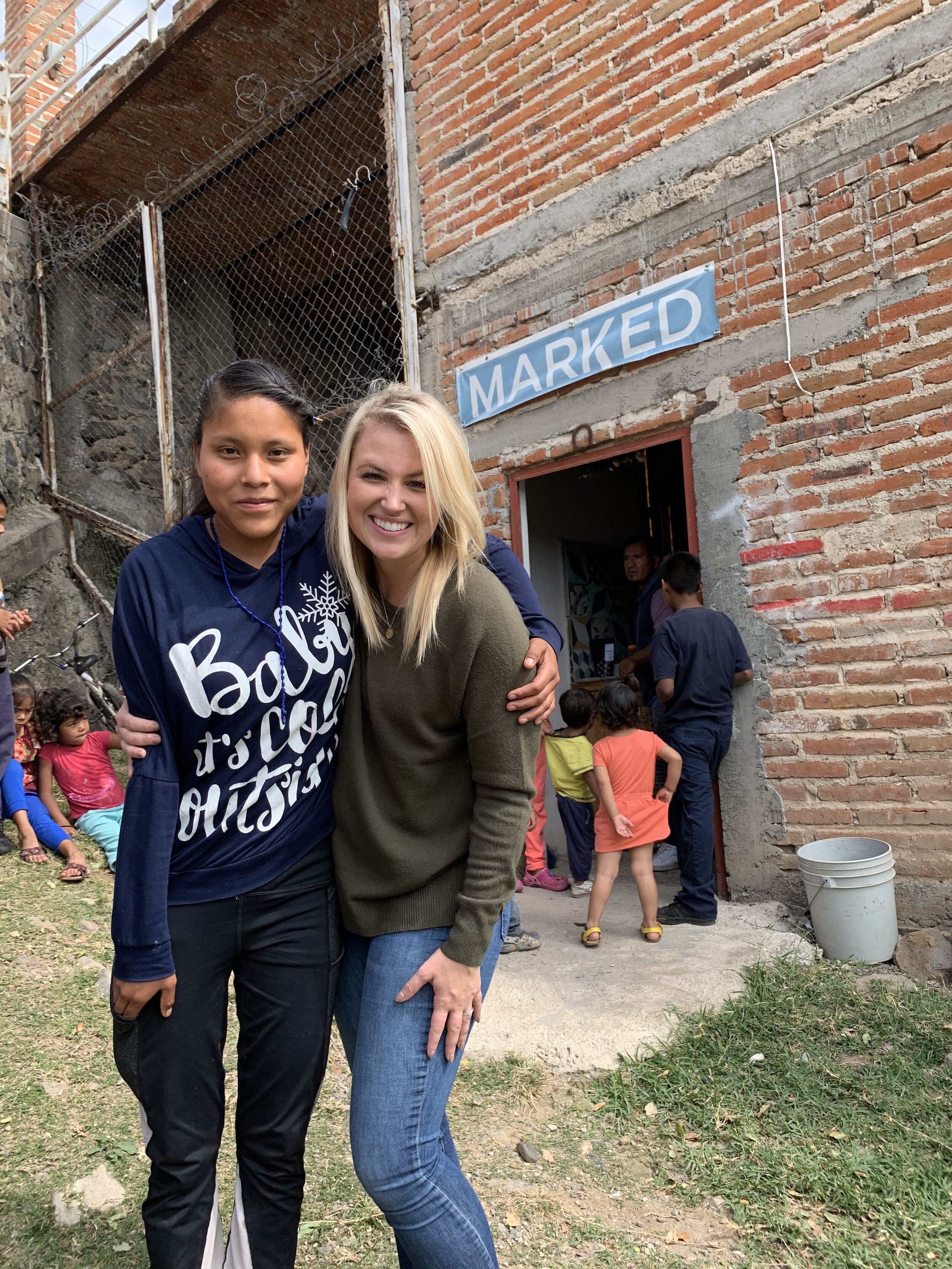Someone asked me the other day why I am big on (healthy) physical touch. The question caught me off guard for a moment as it came out of no where, but once I listened to her share her "concerns" of hugs, she expressed the exact reason why I believe physical touch is actually SO important. For SO many both in our communities and beyond, physical touch has had such a negative connotation due to abuse. Teaching children (and adults) what healthy physical touch can look like heals hearts in the most profound way. Not to mention all the ways it actually heals the physical body. We all need touch. We were born for love. Taking the extra step to actually touch someone shows another level of engagement. That they matter. That they are safe. That no matter how dirty they are, or where they come from, that they are worthy of love and connection. A tight hug, holding of the hand, or a kiss on the cheek (culturally for us), resembles that their lives are important. That they are worth your time and attention. That they are worth a simple moment of slowing down and stopping for the one.
The concern I see in our modern day culture is that we are so fear based in our affection. We are glued to our screens, teachers and other adults are often intimidated or scared to give healthy touch because of the negative connotation it has brought. Parents are busier than ever, and in reality, after reading up on this topic, many experts are saying that the lack of physical touch is actually playing into the rising number of those struggling with anxiety and depression.
Berkeley stated that “The science of touch came of age in the mid-1990s, when two scientists traveled to Romania to examine the sensory deprivation of children in understaffed orphanages. The touch-deprived children, they found, had strikingly lower cortisol and growth development levels for their age group.
From the time we are in the womb through our elderly years, touch plays a primary role in our development and physical and mental well-being. New studies on touch continue to show the importance of physical contact in early development, communication, personal relationships, and fighting disease. This sense is essential to children's growth of physical abilities, language and cognitive skills, and social-emotional competency. Touch not only impacts short-term development during infancy and early childhood, but also has long-term effects, suggesting the power of positive, gentle touch from birth.”
It helps increase the level of neurotransmitters such as dopamine, which is called the “happiness hormone”, and oxytocin, a hormone involved in human bonding.
How amazing is that? All simply by touch. Something each of us can do, and be more intentional about in our everyday lives.
For us personally, I have seen some of the toughest cases soften in a moment when healthy touch is given. I have seen individuals who would jolt in fear when we first started giving them hugs, to now cling to us because they have learned that touch can and should be safe. I have seen healthy touch begin to be modeled by our older kids to the younger kids. What may have started subconsciously for me has now become something so intentionally profound. It has been a tool our team uses everyday to heal hearts. It has been a huge part of the transformation in these kids lives.
Is there a time in your life where you feel physical touch defined you, positively or negatively? How did it change your perspective on physical touch? Do you feel like maybe you need to reevaluate your relationship with physical touch?
If you have been abused, and physical touch scares you or makes you uncomfortable, know that you are not alone. We are broken that that was apart of your story. But just like so many in our reach, your story doesn’t end there! There is so much hope! And physical touch can be safe again. We would highly recommend finding a counselor who can walk with you on your journey. If you don’t know where to start, reach out. We would love to point you somewhere!
References: http://www.urbanchildinstitute.org/articles/research-to-policy/research/enhancing-development-through-the-sense-of-touchhttps://greatergood.berkeley.edu/article/item/why_physical_touch_matters_for_your_well_being




